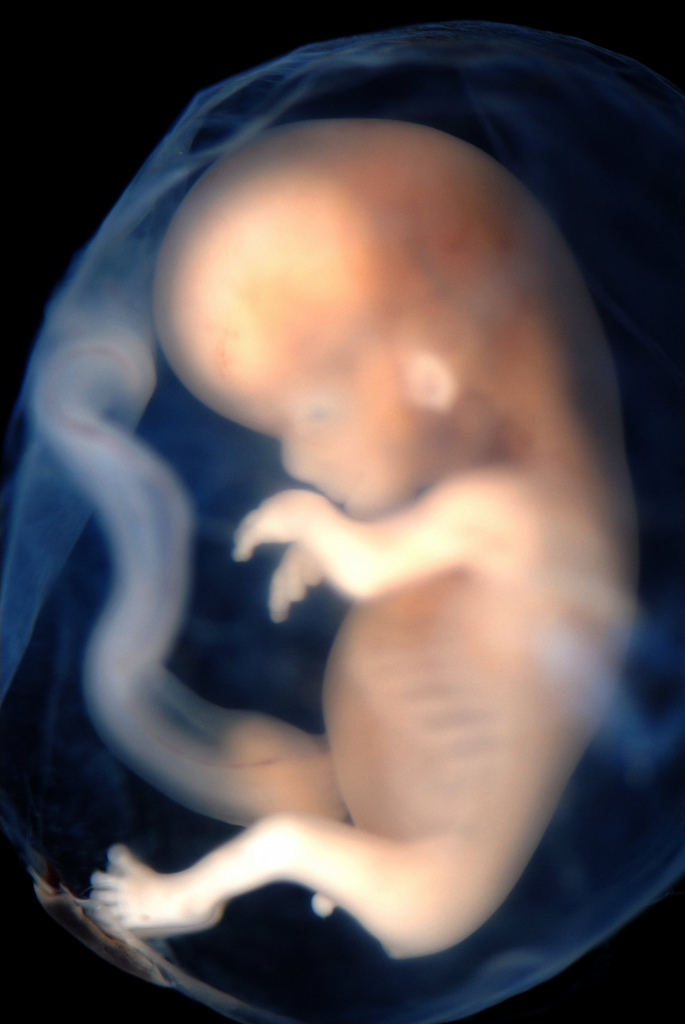 EMERGING TECH
EMERGING TECH
 EMERGING TECH
EMERGING TECH
 EMERGING TECH
EMERGING TECH
In a first for the U.S., researchers in Oregon have successfully modified genes in human embryos to prevent disease, recent reports have revealed.
Prior to what has been called a “milestone” in the U.S., the only country to edit embryos successfully was China. The embryos involved in the U.S., as well as China, were not allowed to develop more than a few days and were never intended to be implanted in a human being.
Genetic engineering has always been a sensitive issue, but the scientists from Oregon Health and Science University in Portland said they believe they have broken new ground in the prevention of inherited disease by correcting deficient genes.
Critics of such genetic modification have raised concerns over the possible arrival of a “Brave New World” kind of eugenics. Earlier this year the National Academy of Sciences and the National Academy of Medicine said it supported the work in the U.S. but only under very strict regulations.
Those regulations would mean that scientists could only start interfering with embryonic genes when it was clear that the child would grow up with “serious diseases and disability,” and when absolutely no alternative exists. So far only China and Sweden are working on similar research.
The scientists in Portland, led by Shoukhrat Mitalipov, said they had successfully edited dozens of embryos. Using what is called a CRISPR gene-editing technique, the scientists said, they repaired the embryos so that a heart condition would not manifest in later life.
Although the scientific community sees this as a breakthrough, that view is not universal. In 2016, U.S. Director of National Intelligence James Clapper added gene editing to a list titled, “weapons of mass destruction and proliferation.” In a report he listed the process along with chemical weapons in the Middle East and nuclear weapons in North Korea.
According to MIT Technology Review, Mitalipov will publish the research soon, though he has so far declined to comment on the results. A scientist familiar with the research told Tech Review, “It is proof of principle that it can work … I don’t think it’s the start of clinical trials yet, but it does take it further than anyone has before.”
Other scientists have mirrored this opinion following the publishing of a paper Wednesday in the journal Nature, believing gene editing will soon be used on humans to prevent more than 10,000 inherited conditions. Nonetheless, genetic modification will remain a sensitive area, a transhumanist biological utopia to some and a dystopian New World Order to others.
Mitalipov, a 55-year-old Soviet-born scientist, is no stranger to controversy. His development of the “three-parent baby” in 2014 drew as many critics as it did plaudits.
Support our mission to keep content open and free by engaging with theCUBE community. Join theCUBE’s Alumni Trust Network, where technology leaders connect, share intelligence and create opportunities.
Founded by tech visionaries John Furrier and Dave Vellante, SiliconANGLE Media has built a dynamic ecosystem of industry-leading digital media brands that reach 15+ million elite tech professionals. Our new proprietary theCUBE AI Video Cloud is breaking ground in audience interaction, leveraging theCUBEai.com neural network to help technology companies make data-driven decisions and stay at the forefront of industry conversations.